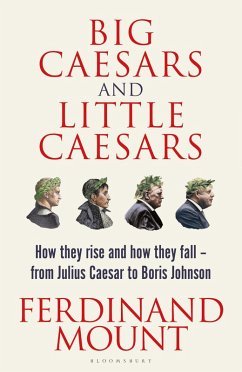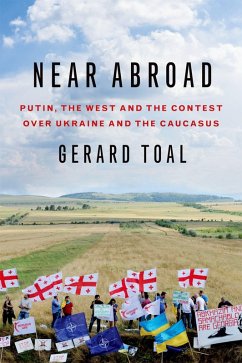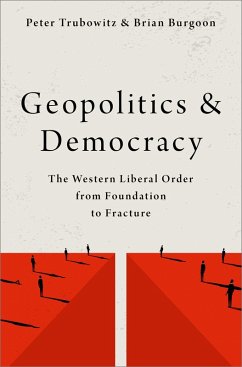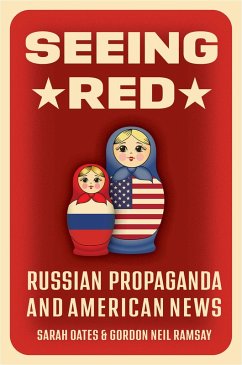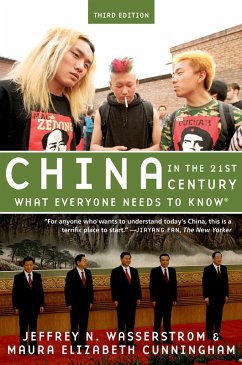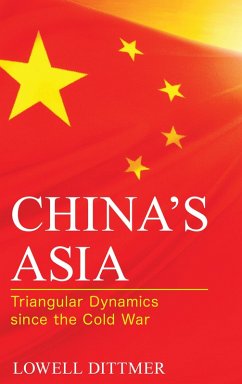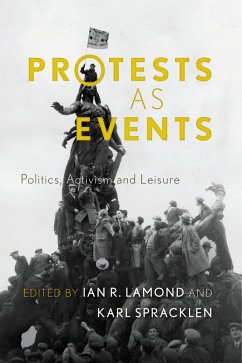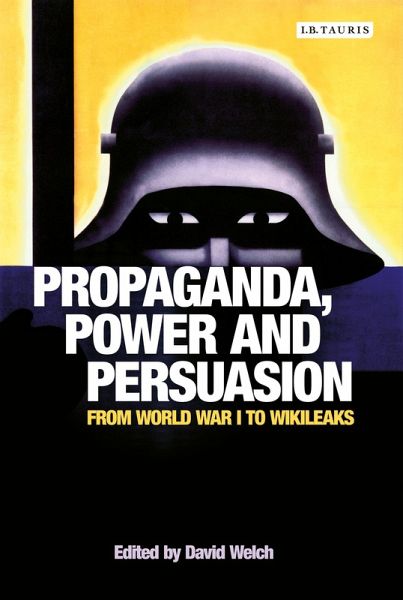
Propaganda, Power and Persuasion (eBook, PDF)
From World War I to Wikileaks
Redaktion: Welch, David

PAYBACK Punkte
10 °P sammeln!
As Philip Taylor has written, 'The challenge (of the modern information age) is to ensure that no single propaganda source gains monopoly over the information and images that shape our thoughts. If this happens, the war propagandists will be back in business again.' Propaganda came of age in the Twentieth Century. The development of mass- and multi-media offered a fertile ground for propaganda while global conflict provided the impetus needed for its growth. Propaganda has however become a portmanteau word, which can be interpreted in a number of different ways. What are the characteristic fea...
As Philip Taylor has written, 'The challenge (of the modern information age) is to ensure that no single propaganda source gains monopoly over the information and images that shape our thoughts. If this happens, the war propagandists will be back in business again.' Propaganda came of age in the Twentieth Century. The development of mass- and multi-media offered a fertile ground for propaganda while global conflict provided the impetus needed for its growth. Propaganda has however become a portmanteau word, which can be interpreted in a number of different ways. What are the characteristic features of propaganda, and how can it be defined? The distinguished contributors to this book trace the development of techniques of 'opinion management' from the First World War to the current conflict in Afghanistan. They reveal how state leaders and spin-doctors operating at the behest of the state, sought to shape popular attitudes - at home and overseas - endeavouring to harness new media with the objective of winning hearts and minds. The book provides compelling evidence of how the study and practice of propaganda today is shaped by its history.




